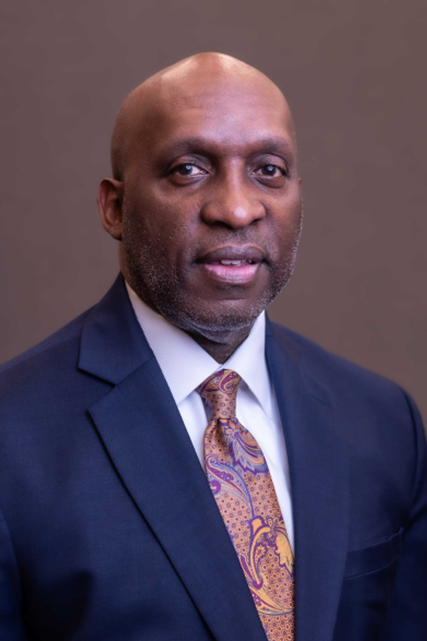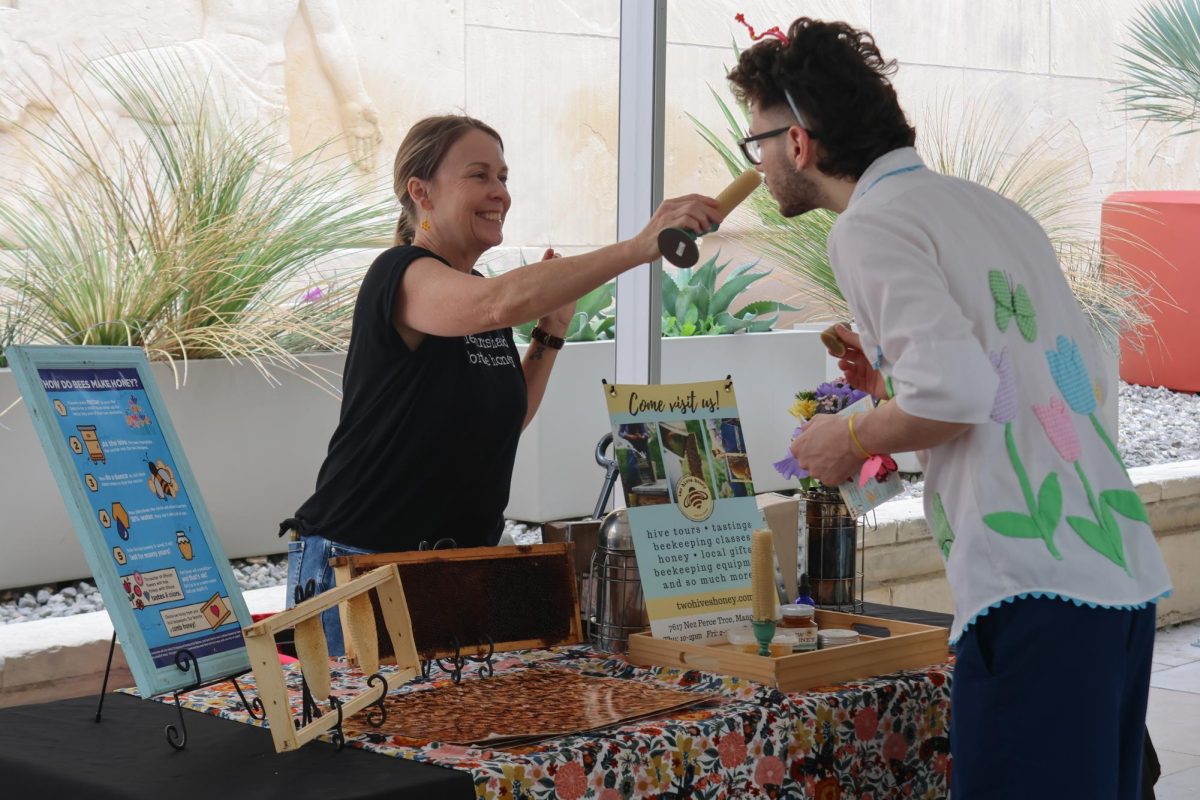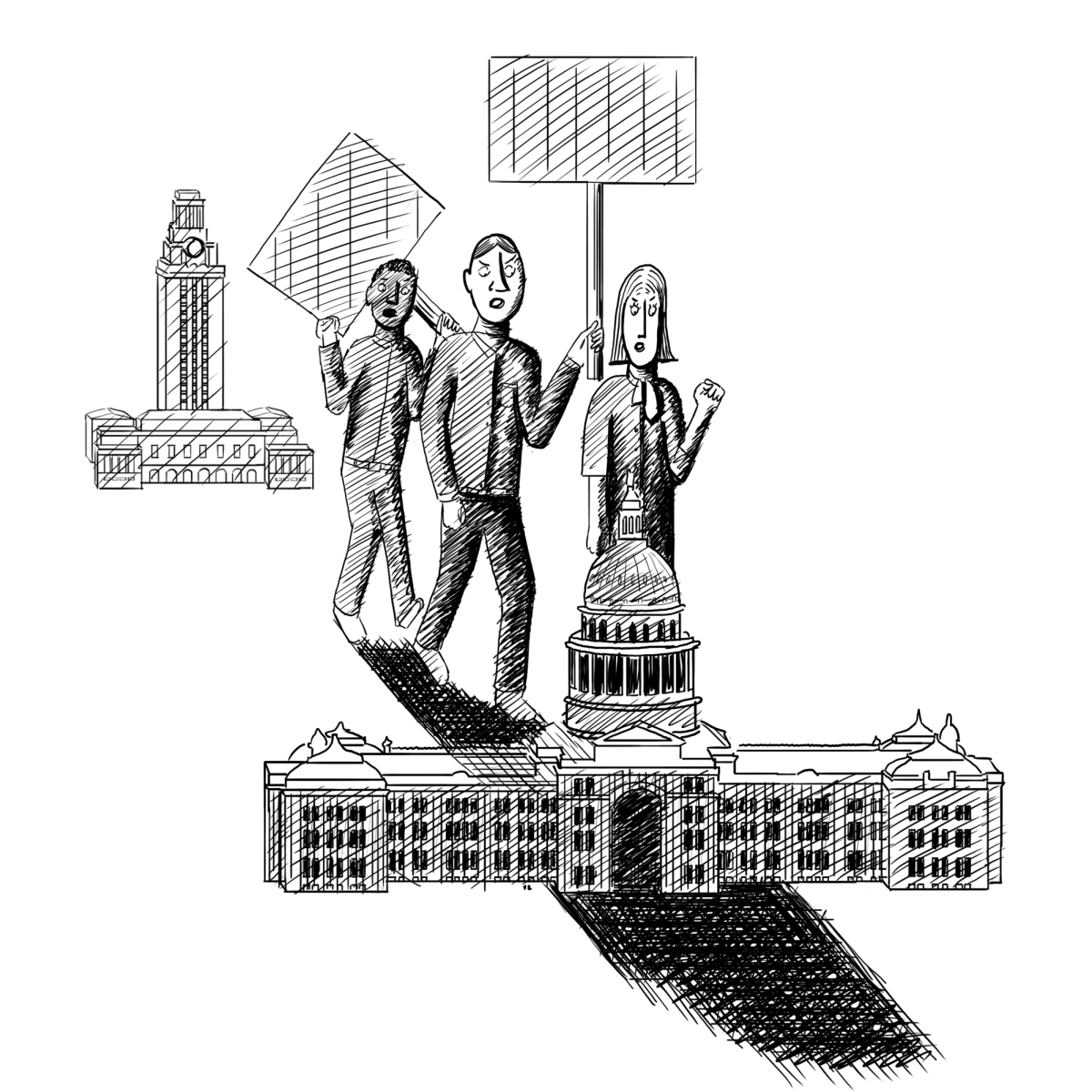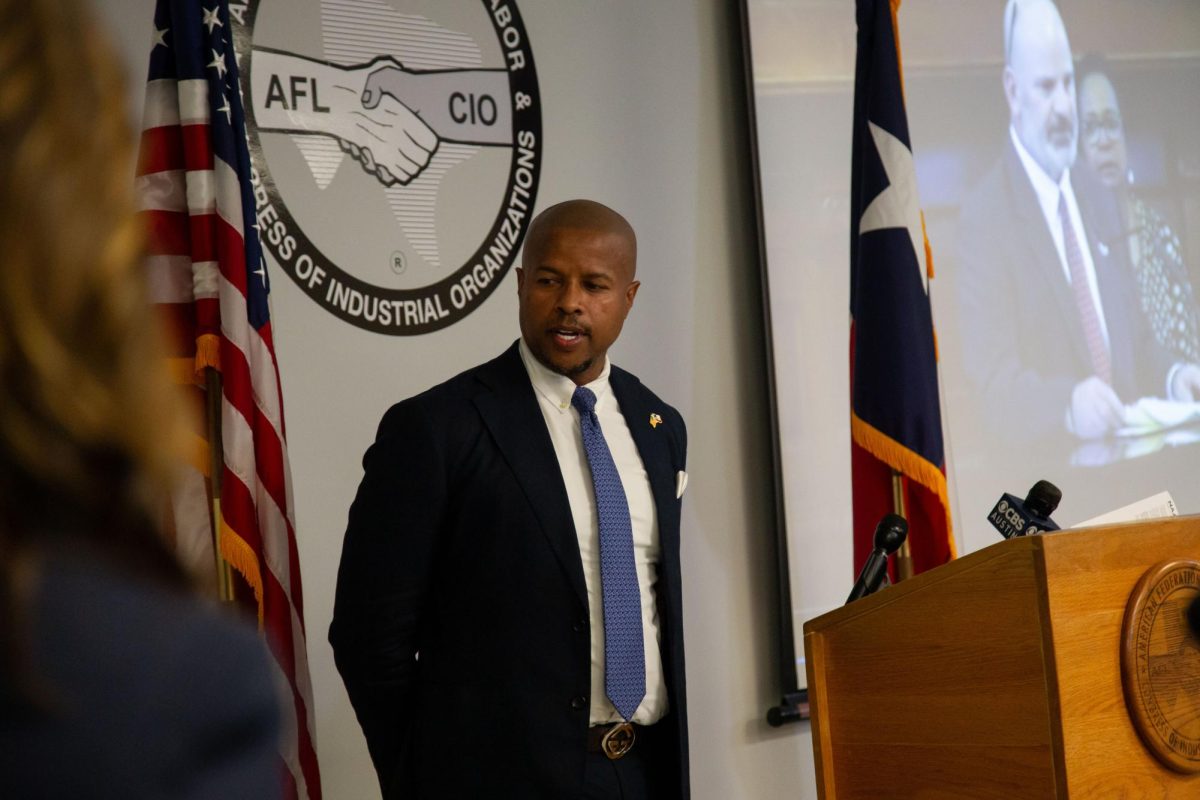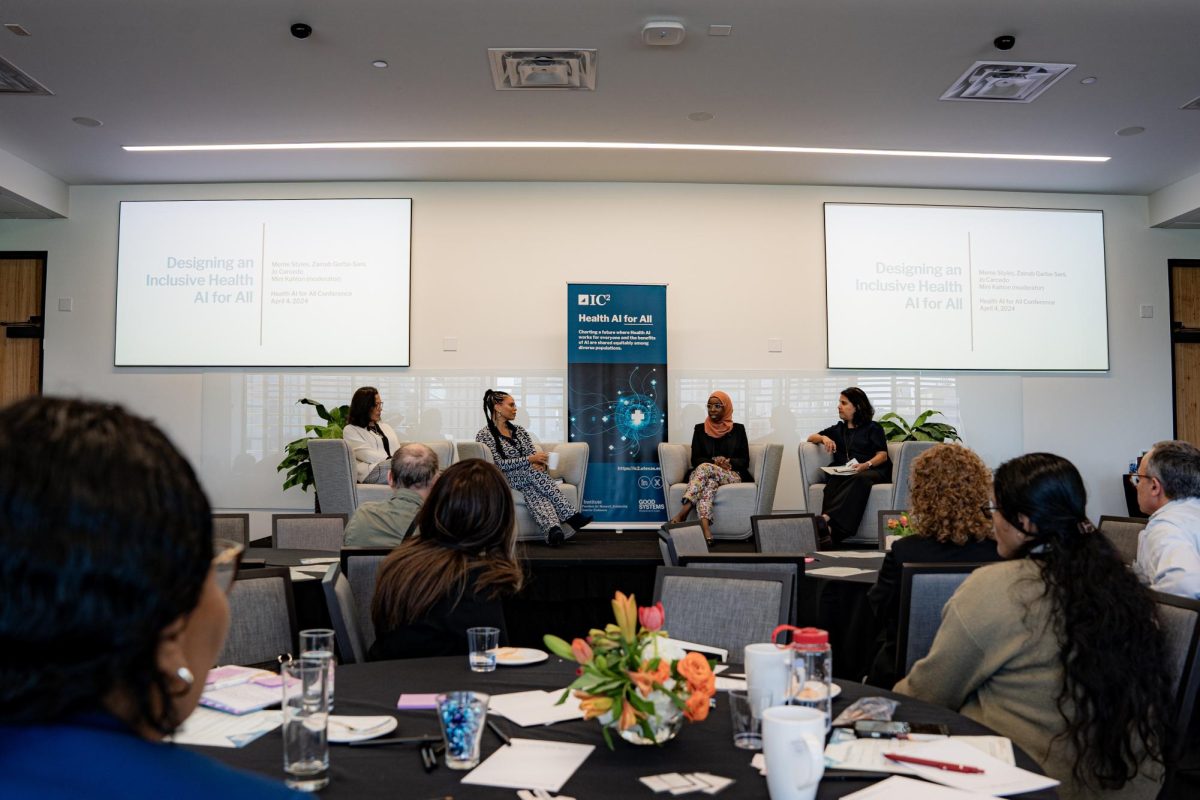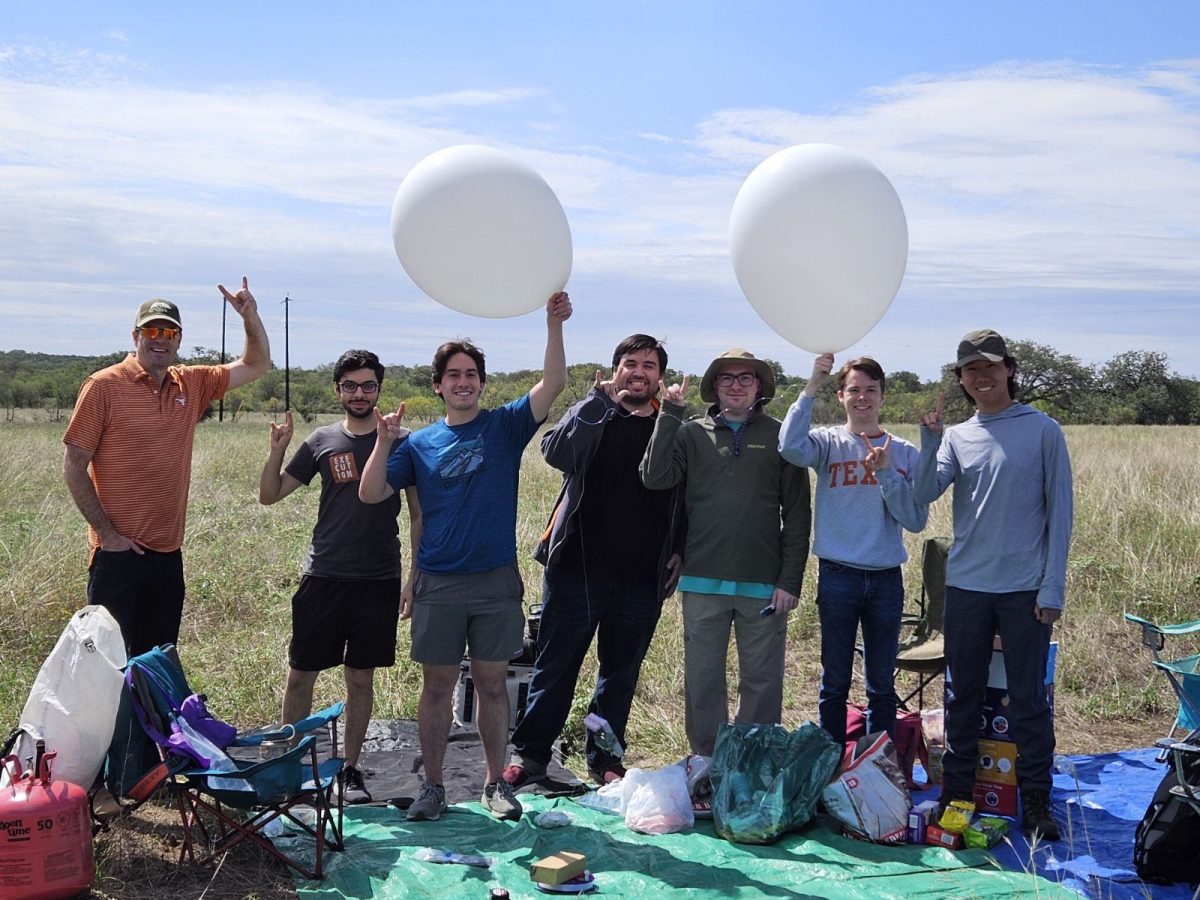It is a nation’s duty to record the truth through archives and to overcome the challenges of assembling those archives, said John Ciorciari, assistant professor of public policy at the University of Michigan.
Ciorciari lectured Monday as part of a series on human rights sponsored by the Rapoport Center in the School of Law.
Ciorciari, who published a book on the duty to protect human rights in Southeast Asia, described the foundational approach of creating a strong archival base for both memory and accountability.
“It’s very important for the people responsible for documentation to be thoughtful, to establish procedures,” he said.
He noted the example of Cambodia and the atrocities committed there in the 1970s with the brutal, genocidal Khmer Rouge regime. Documents were used to convict those responsible for crimes against humanity, he said.
“There’s an emerging notion that people have a right to know what happened,” Ciorciari said.
He also said a number of post-communist states began to set up specialized memory institutes after the Cold War. This norm of establishing archives gathered momentum in the late 1990s, he said.
The question of who is allowed to assemble archives and who is to organize and gather the documents is a difficulty governments face, Ciorciari said; a national archive is a natural place to start.
“When a national archive is [established], it is a building capacity for the state in dealing with future record-keeping,” Ciorciari said.
He also said the process of establishing national archives depends greatly on the cooperation of a national government.
“A lot of governments are not willing, or are unable, to deal with these documents,” he said. “And [those documents] may not see the light of day.”
He said in cases of citizen privacy, ethical decisions will have to be made.
William Chandler, an administrator at the Rapoport Center, said discussing human rights issues is important for students of law as well as other students.
“The Rapoport Center is interdisciplinary,” Chandler said. “The University is a great environment to have open dialogue about human rights issues.”
The archiving process, Ciorciari said, is not a simple or easy one, but it is inherent to human rights and holds those who abuse their power at the expense of citizens accountable for their actions.
“People will say, ‘I want to see those documents today. I lost my uncle,’ or, ‘I lost my sister,’” he said. “Even with modern technology, it’s going to take a long time relative to the legitimate needs [of citizens]. Their patience for the use of these documents is going to be short.”






